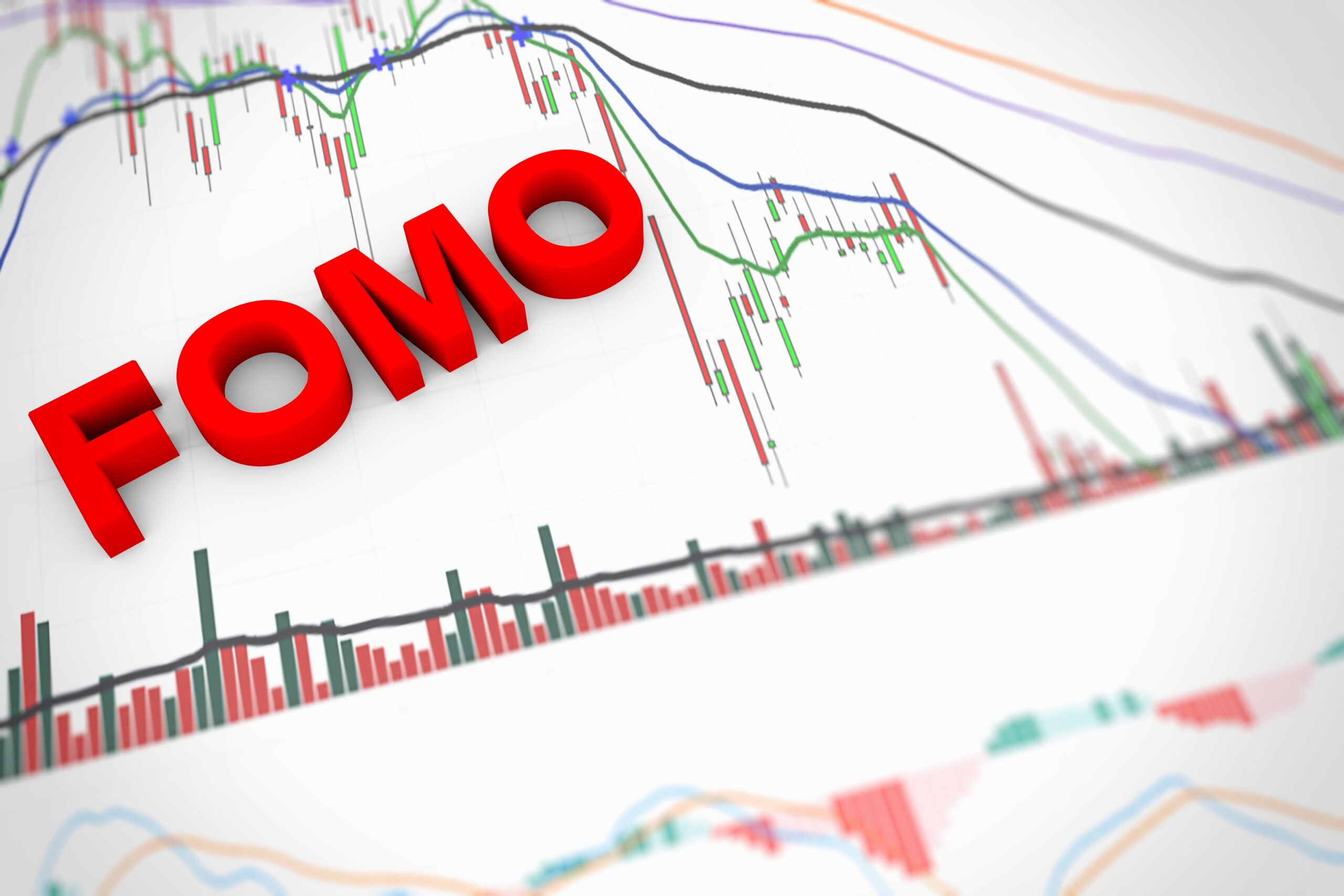Several key global indices are in the middle of massive bear flag breakdowns:
a) First the S and P 500 index shows a massive bear flag breaking down, with the flag forming below the cloud. Highly bearish implying a target below 1800:
b) Secondly the German Dax with a similar bear flag break down below the cloud targeting levels below 8700:
c) Thirdly the UK FTSE index is currently breaking down from a bear flag below the cloud targeting levels below 5500:
d) Fourth the Brazilian Bovespa is in the middle of a massive break down from a bear flag pattern yet again below the cloud with targets below 42,000:
e) Lastly the Indian #stock market Nifty Index has completed a bear flag and a break down underway has targets below 7200:
Not a coincidence then that bear flag break downs are taking place across the board across key international stock markets with significant downside implications. With these break downs forming below the cloud a crash like scenario could result in the upcoming days.
a) First the S and P 500 index shows a massive bear flag breaking down, with the flag forming below the cloud. Highly bearish implying a target below 1800:
b) Secondly the German Dax with a similar bear flag break down below the cloud targeting levels below 8700:
c) Thirdly the UK FTSE index is currently breaking down from a bear flag below the cloud targeting levels below 5500:
d) Fourth the Brazilian Bovespa is in the middle of a massive break down from a bear flag pattern yet again below the cloud with targets below 42,000:
e) Lastly the Indian #stock market Nifty Index has completed a bear flag and a break down underway has targets below 7200:
Not a coincidence then that bear flag break downs are taking place across the board across key international stock markets with significant downside implications. With these break downs forming below the cloud a crash like scenario could result in the upcoming days.
Bear Flag Break Downs Across Global Markets http://t.co/Liwr87aXrt pic.twitter.com/ur8ucxdVTV
— samuelR (@RajveerRawlin) September 24, 2015

















